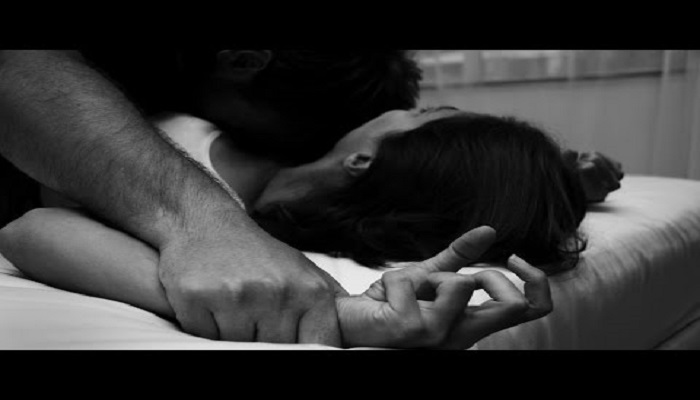
The Central government on Tuesday told the Delhi High Court that criminalising marital rape could destabilise the institution of marriage and become an easy tool for harassing the husbands.
It also maintained that India could not blindly follow Western countries.
The Centre, in an affidavit filed in response to pleas seeking to criminalise marital rape, said the Supreme Court and various High Courts have already observed the growing misuse of section 498A (harassment caused to a married woman by her husband and in-laws) of IPC.
The reply, filed before a bench of acting Chief Justice Gita Mittal and Justice C Hari Shankar, also sought to implead state governments in the matter to know their opinion to avoid any complication at a later stage.
The Centre submitted that what constituted marital rape and what would constitute marital non-rape needed to be defined precisely before a view on its criminalisation is taken.
“It has to be ensured adequately that marital rape does not become a phenomenon which may destabilise the institution of marriage apart from being an easy tool for harassing the husbands,” the affidavit, filed through central government standing counsel Monika Arora, said.
The Centre also said that marital rape has not been defined in a statute or law, while the offence of rape is defined under section 375 IPC. Hence, defining marital rape would call for a broad based consensus of the society.
“What may appear to be marital rape to an individual wife, it may not appear so to others. As to what constitutes marital rape and what would constitute marital non-rape needs to be defined precisely before a view on its criminalisation is taken,” it said.
It added that merely deleting the exception which provides protection to husbands from prosecution for the offence of rape, may not stop marital rape.
“Moral and social awareness” plays a vital role in stopping such an act, it said.
“If all sexual acts by a man with his own wife will qualify to be marital rape, then the judgment as to whether it is a marital rape or not will singularly rest with the wife. The question is what evidences the courts will rely upon in such circumstances, as there can be no lasting evidence in case of sexual acts between a man and his own wife,” the affidavit says.
Citing the Justice JS Verma committee report on ‘Amendments to Criminal Law’, it said it was recommended that the exception for marital rape be removed, but it also pointed out that it is also important that legal prohibition on marital rape is accompanied by changes in the attitude of the prosecutors, police officers and those in society generally.
Regarding the petitioners’ submission that other countries, mostly western, have criminalised marital rape, the Centre said it does not necessarily mean India should also follow them blindly.
“This country has its own unique problems due to various factors like literacy, lack of financial empowerment of the majority of females, the mindset of the society, vast diversity, poverty, etc. And these should be considered carefully before criminalising marital rape,” it said.
The affidavit said that criminal law is in the Concurrent List and implemented by the states and there is a vast diversity of the cultures of these states.
During the day’s hearing, senior advocate Colin Gonsalves, appearing for one of the petitioners, argued that marriage cannot be viewed as giving a husband the right to coerced intercourse on demand.
He said a marriage licence cannot be viewed as a licence for a husband to forcibly rape his wife with impunity and a married woman has the same right of full control over her body as an unmarried woman. He also referred to various judgments of foreign countries.
The division bench has been hearing petitions filed by NGO RIT Foundation, All India Democratic Women’s Association and a marital rape victim, challenging the exception to rape under Section 375 and Section 376B as unconstitutional.
A men`s right group – Men Welfare Trust – has also approached the HC contending that the existing laws were “very much capable of dealing with the cases of sexual abuse of women” and there is no need to either bring a fresh law to deal with it nor is there a requirement to withdraw the protection granted to husbands under Section 375 of the IPC.
“The sexual abuse in a domestic relationship should not be termed as rape,” the men`s plea has said.

Post Your Comments